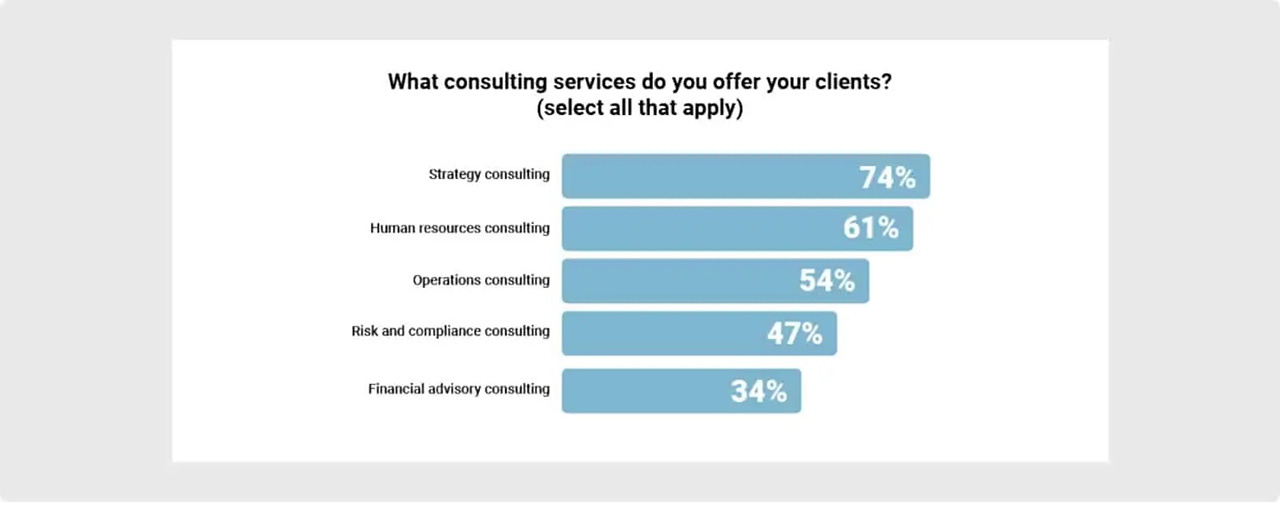
Perhaps you're curious as to what the average Accenture consulting salary is. This article provides a summary of Accenture's salary range. The starting point is $78,000 for people with an undergraduate degree and up to $105,000 for MBAs. Accenture consultants are sought after because of their predictable career progression. Consulting firms often offer bonuses to employees who perform well in addition their base salary. While performance bonuses are important for career choice and compensation, they do not always impact the final amount. There are also differences in the cohort levels of Tier 2 and Big 4, which can lead to more varied compensation for employees in certain offices.
Average Accenture consultant salary is $78,000 annually
A typical Accenture consulting salary is $78,000 annually if you're looking for an exceptional career. This top consulting company offers a variety consulting roles, training, certifications, as well professional growth. Although this job is demanding, it is well-paid. Accenture consultants can earn a range of salaries depending on their experience and geographical location. Overall satisfaction is 3.9 out 5.

Accenture, with more than half of a million global employees, is one the most powerful firms in the World. This has forced it to raise its consulting pay to remain competitive. The difference is apparent when job seekers compare Accenture salaries with the salaries of Deloitte. Accenture consultant salaries are not the only factors that affect how much money is paid. A consultant's location, progress and bonus all play a role in determining the amount of money they receive.
Average salary for Accenture consultants with a undergrad degree is $78,000 annually
For entry-level jobs at Accenture, an Undergrad degree is required. Analysts for example perform research, create slide presentations, and use Excel data modeling. They will work with a core team of at most three people. Accenture consultants take a more strategic approach to managing a flow of work. They may also guide an analyst to complete the work. As the Analyst progresses through the ranks of the organization, the consultant will be able to guide the work and do the work. Managers lead small engagements and major workstreams of large engagements. The work of managers is reviewed and modified to meet the needs clients.
Accenture management consultants earn a range of salaries depending on their performance. Generally, employees with an undergrad degree earn $78,000 per year on average. The amount of the salary depends upon the area, progress, profile, and job description of the employee. Accenture's consulting salary is substantially higher than the US median annual income. This isn't an exact number. A higher education or experience could result in a higher salary.
An average salary for Accenture consultants with an MBA is $105,000 per annum
You may be interested in a career consulting if you know the starting salaries of Accenture consultants. Accenture is one of the largest firms in the world and has high levels of competition. Accenture's consulting salaries, despite this, are still competitive and can be compared to other firms. This article compares Accenture's salaries with Deloitte's and highlights the benefits of each company.

Accenture Strategy offers a starting salary of $175,000 to those who have a business-related degree. The pay increases from there. This figure can be misleading as the compensation is determined by many factors such as education, experience, and expert. The location and industry also affect the salary. Some companies may pay less than others. MBA holders earn a $175,000 starting salary and receive $105,000 in total compensation annually.
FAQ
What is a consultant?
Consultants provide services for others. It's more than just a job title. This role allows you to help others achieve their dreams. This is done by helping others understand their options and making the right decisions.
Consultants have the ability to solve any problems or challenges that may arise from projects. Consultants can also offer advice and guidance regarding how to implement these solutions.
Consulting should be able answer any questions related to technology, finance, law and management.
What can I expect from my consultant?
After you have selected your consultant, expect to hear from them within a few business days. They will often ask about your company's mission, goals and products. After that, they will send you a proposal detailing the scope of work, expected time frame, fees and deliverables.
If all goes according to plan, the two sides will sign a written deal. The type of relationship between the parties (e.g., employee-employer, independent contractor-employer) will affect the terms of any contract.
If everything goes as planned, the consultant may begin to work immediately. The consultant will have access your internal documents and resources. Additionally, you'll have access their skills and knowledge.
Don't assume that someone who is a consultant knows everything. It takes effort and practice to become an expert in whatever field you consult. Do not expect your consultant to be an expert in every aspect of your business.
How does consulting differ from freelancing?
Freelancers are individuals who work for themselves and offer their services to clients. They charge hourly rates depending on the amount of time spent on a client's projects. Consultants are usually employed by companies or agencies. Their salaries are often paid monthly, or annually.
Because they set their own hours and prices, freelancers are often more flexible than consultants. However, consultants often have better benefits, such as health insurance, vacation days, sick leave, retirement plans, etc.
Is it possible that a consultant business can be started from home?
Absolutely! Many consultants do this already.
Most freelancers work remotely using tools like Skype, Slack, Trello, Basecamp, and Dropbox. So they don't miss company perks, freelancers often make their own office space.
Some freelancers prefer working in cafes and libraries over traditional offices.
Others prefer to work from home as they feel more at home with their families.
Of course, working from home has its pros and cons. But if you love your job, it's definitely worth considering.
Statistics
- So, if you help your clients increase their sales by 33%, then use a word like “revolution” instead of “increase.” (consultingsuccess.com)
- 67% of consultants start their consulting businesses after quitting their jobs, while 33% start while they're still at their jobs. (consultingsuccess.com)
- My 10 years of experience and 6-step program have helped over 20 clients boost their sales by an average of 33% in 6 months. (consultingsuccess.com)
- According to IBISWorld, revenues in the consulting industry will exceed $261 billion in 2020. (nerdwallet.com)
- Over 50% of consultants get their first consulting client through a referral from their network. (consultingsuccess.com)
External Links
How To
What does a typical day look like for a consultant?
The type of work that you are doing will affect the typical day. But generally speaking, you will spend time researching and planning new ideas, meeting clients, and preparing reports.
Meetings are a common way to discuss problems and issues with clients. These meetings can take place over the phone, via email, online, or face to face.
It is possible that you will be asked to write proposals. These documents outline your ideas and plans, and are required by clients. You will need to discuss these proposals with a mentor or colleague before you present them to clients.
After all the preparation, you'll need to start creating content. Writing articles, designing websites, editing photos or conducting interviews are just some of the options.
It depends on the project's scope, you might need to do some research to collect relevant statistics. It may be necessary to know how many customers are currently using your products or services.
Once you have collected enough information, it's now time to present the findings to your clients. You can either present your findings in writing or orally.
After your initial consultation, you should follow up with your clients. For example, you could call your clients periodically to check how things are going. Or send them emails asking them to confirm they have received the proposal.
While this can be a slow process, it's essential to remain focused and maintain good working relationships with clients.